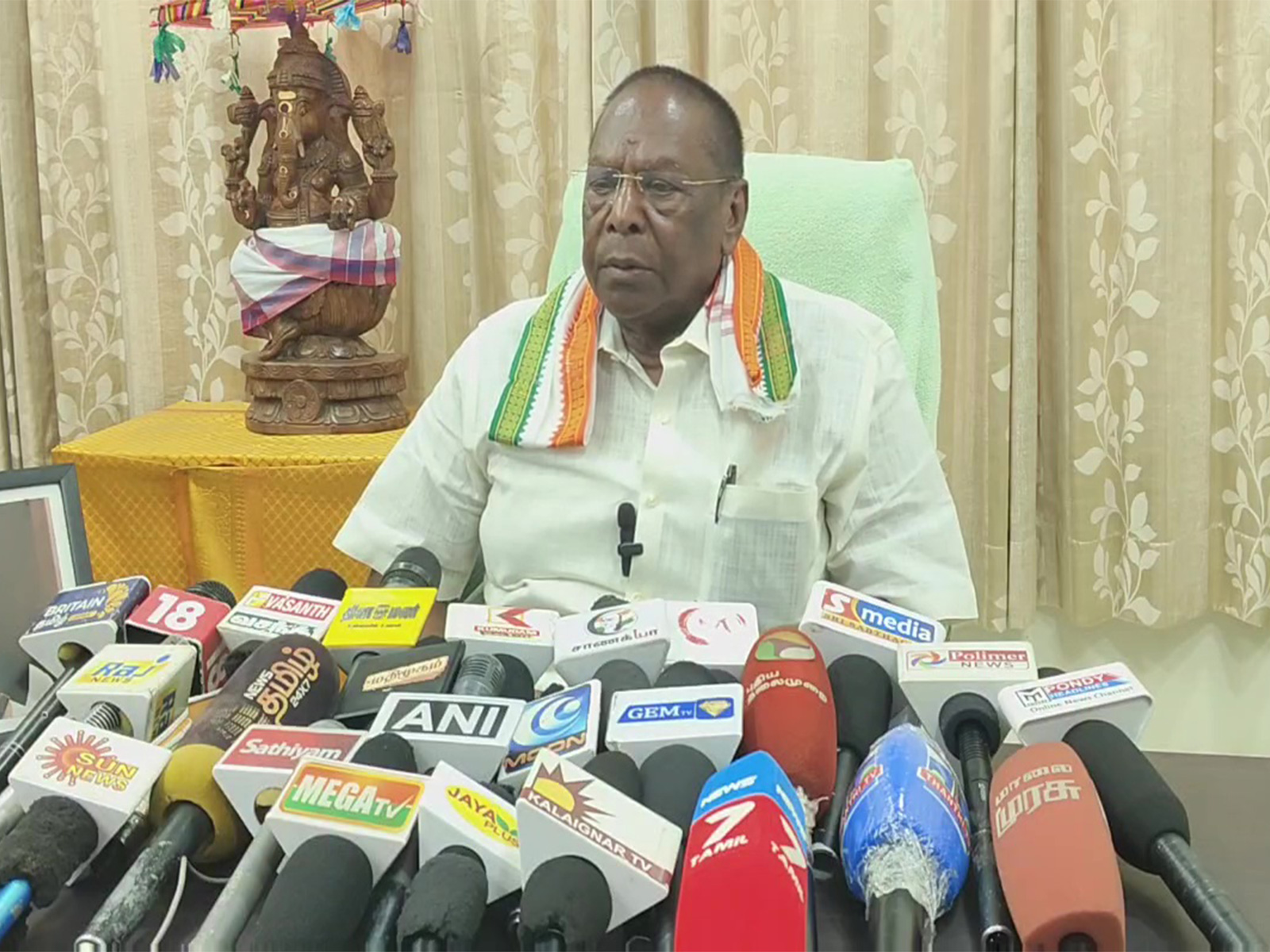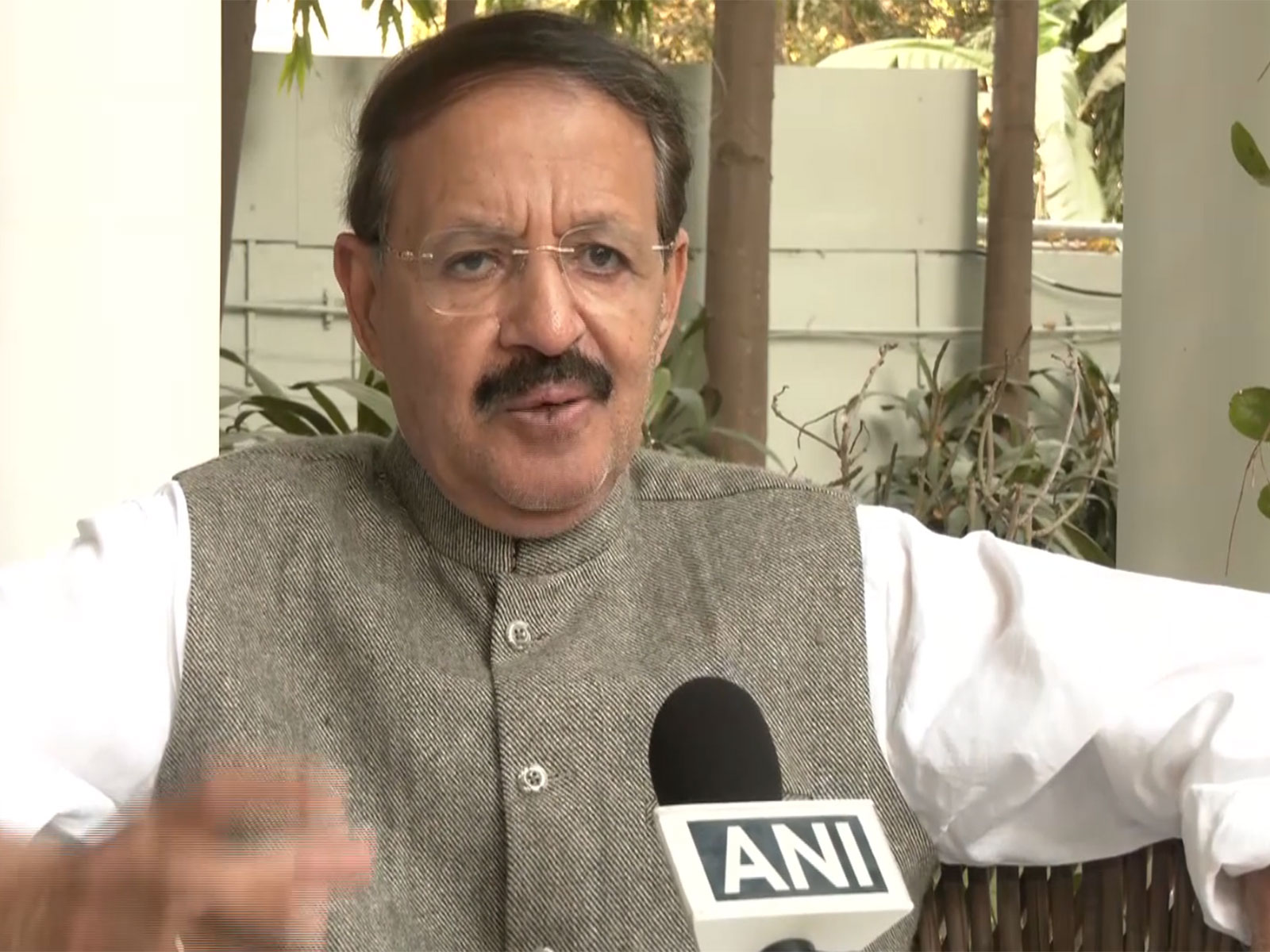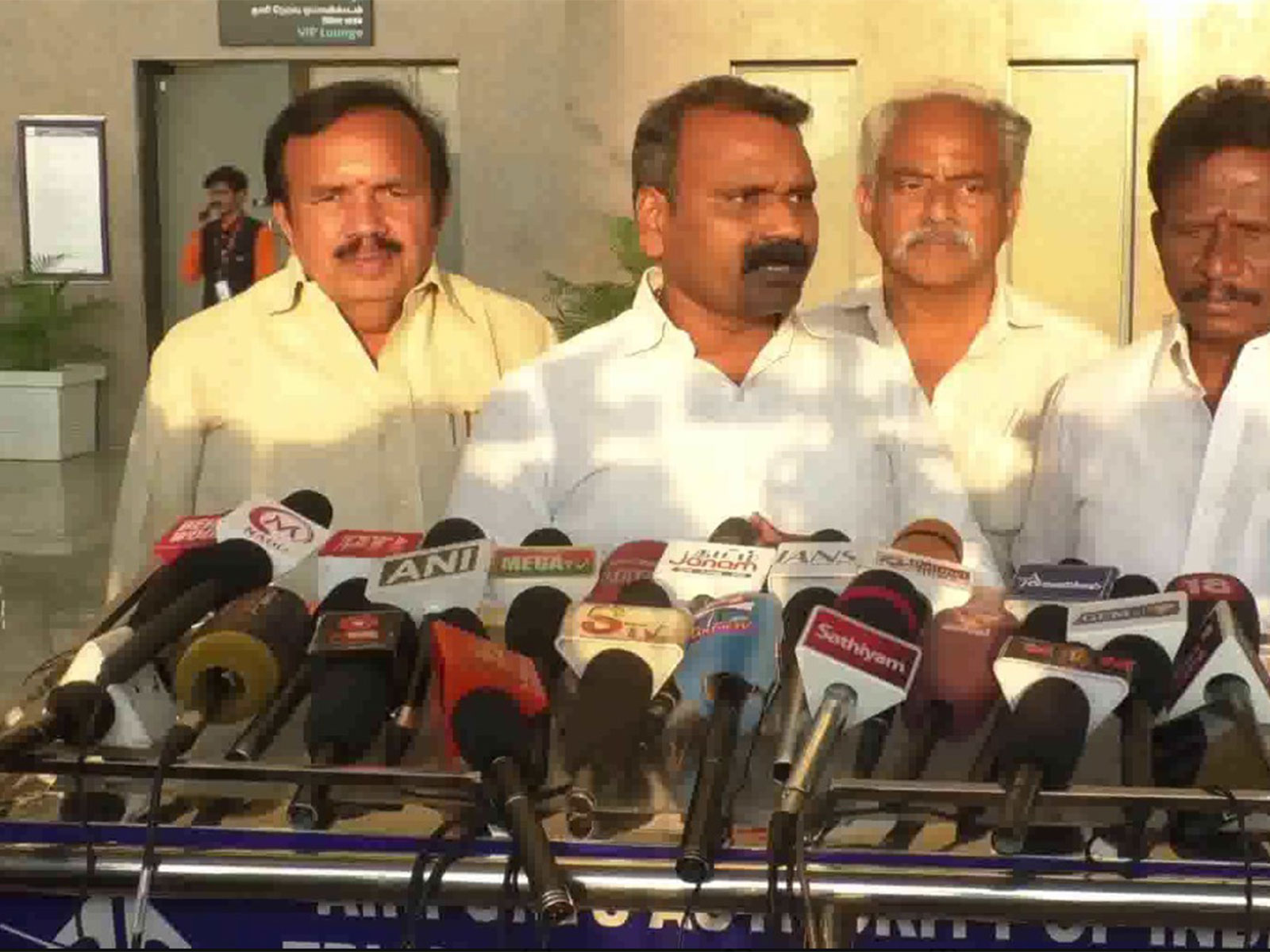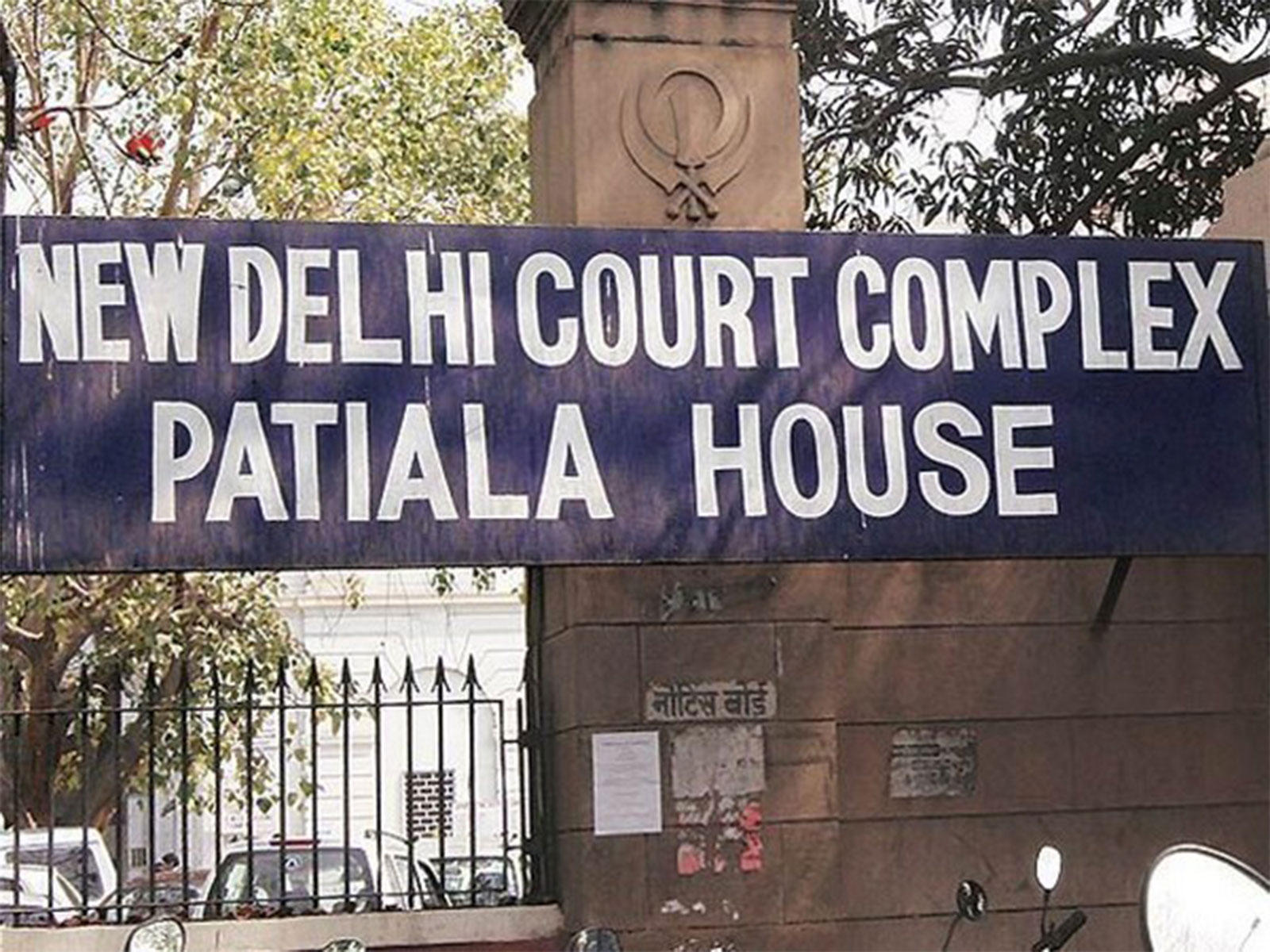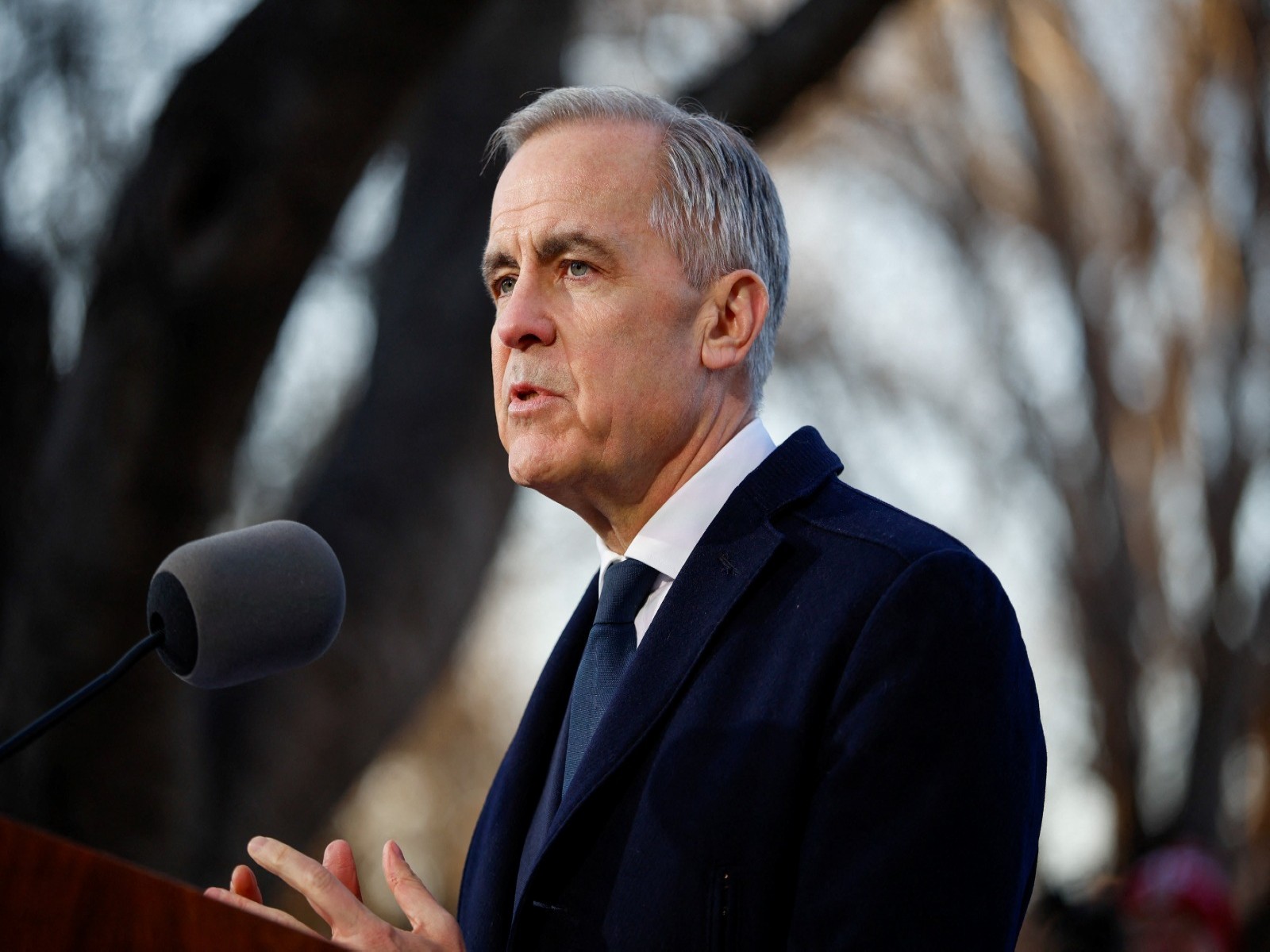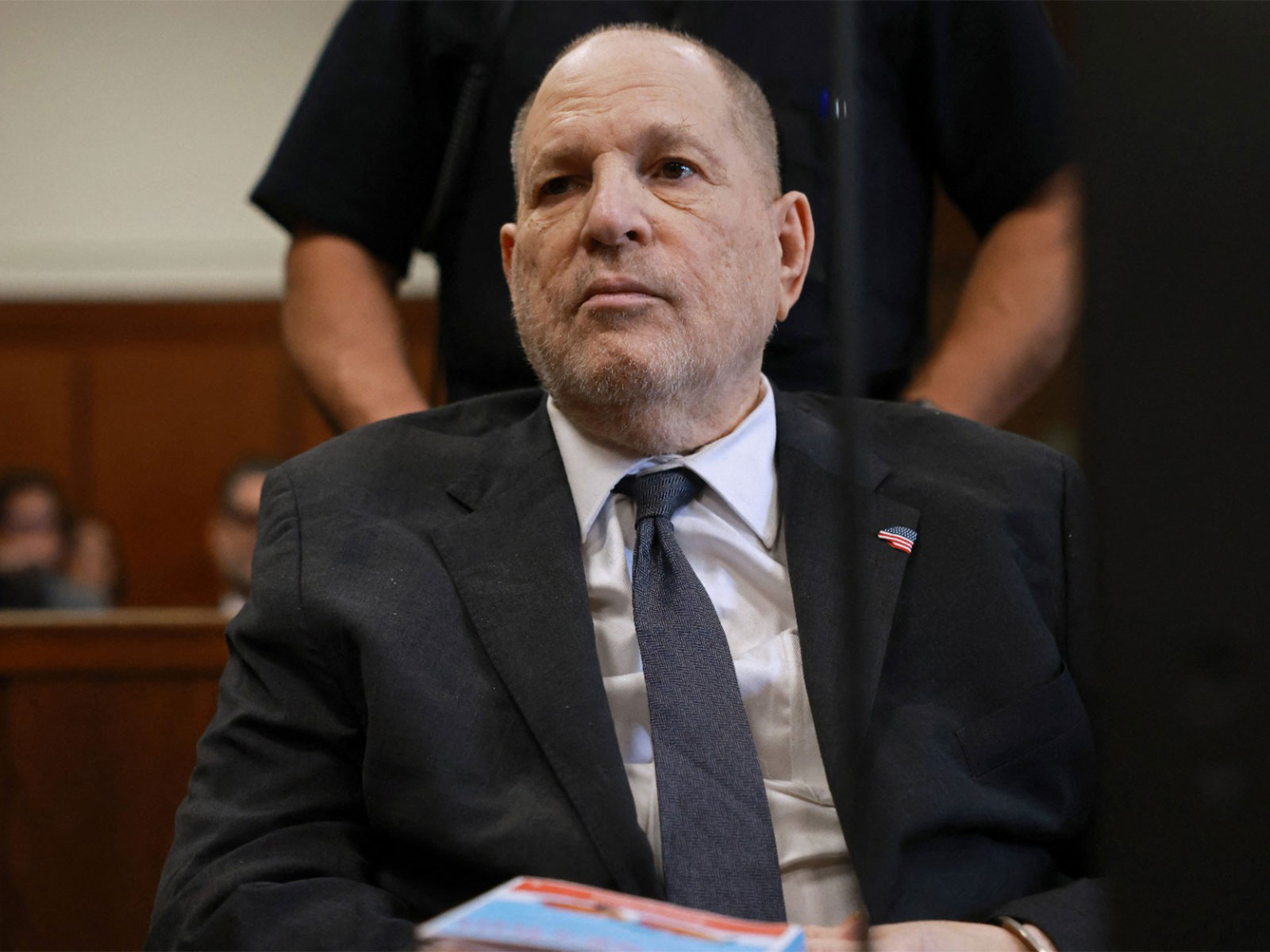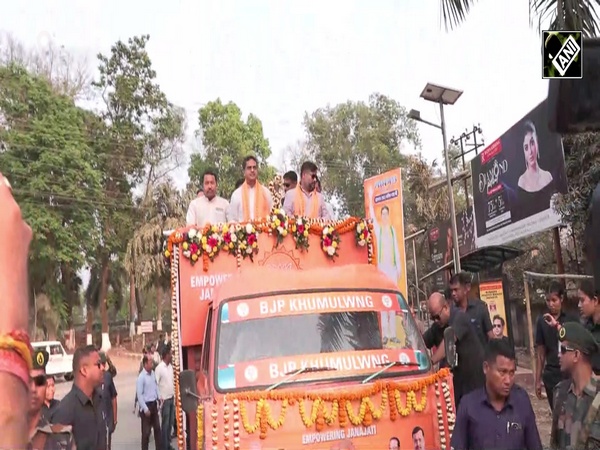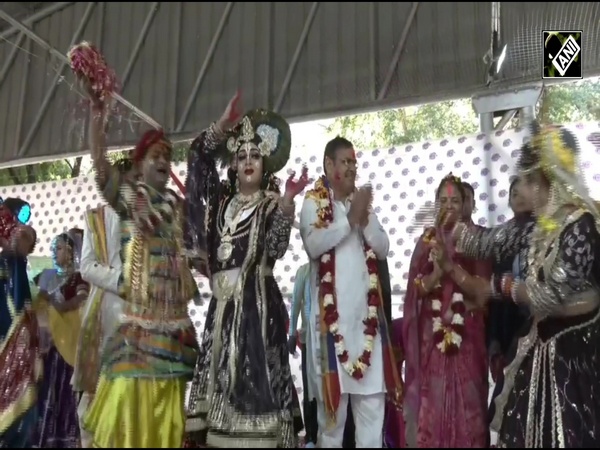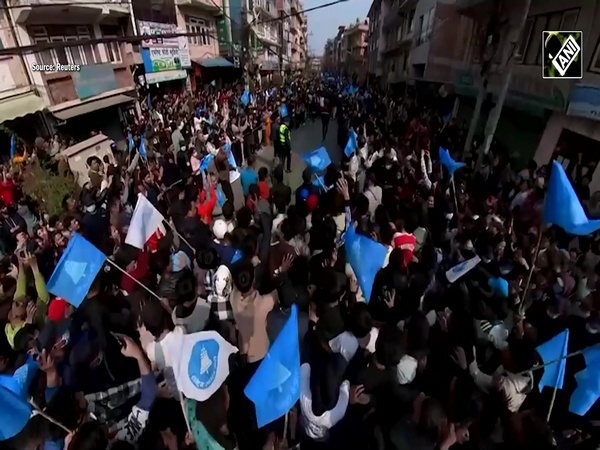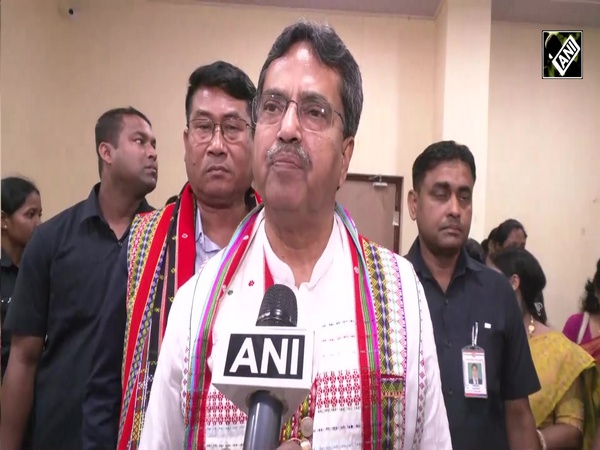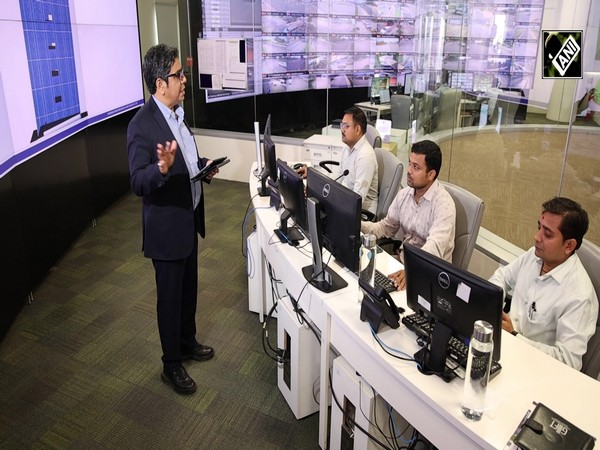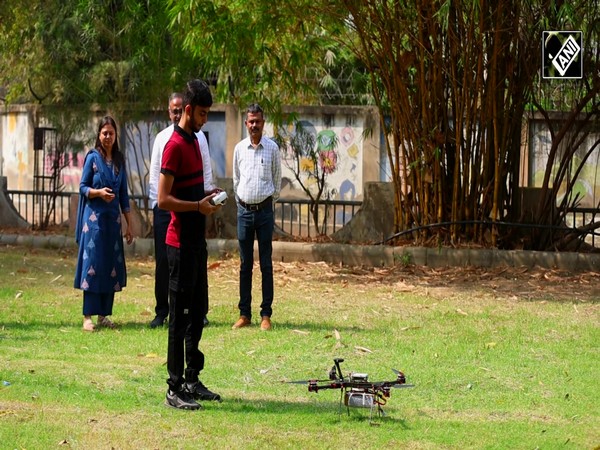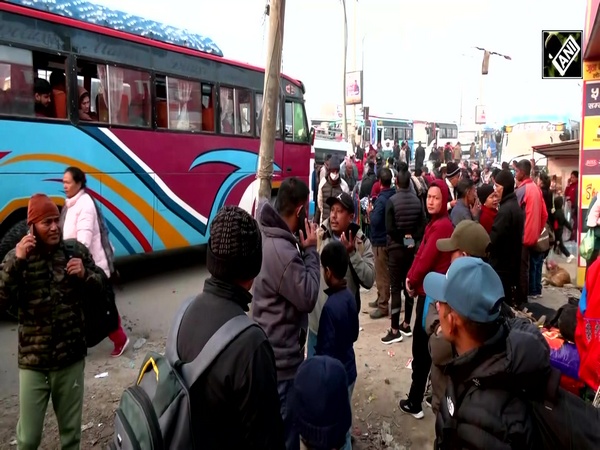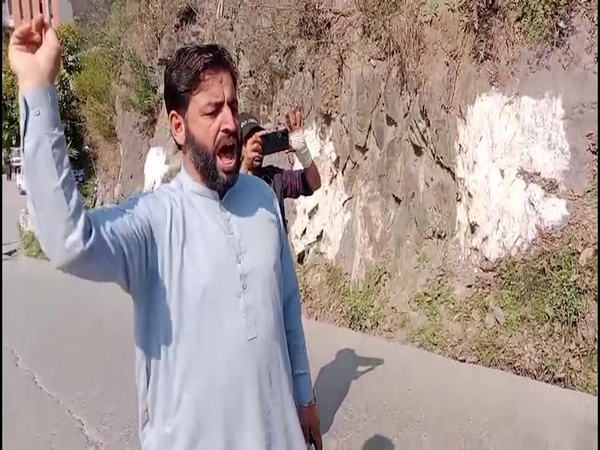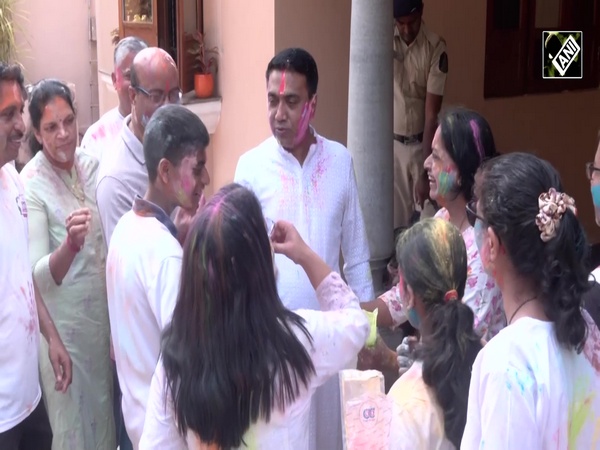2016 Surjagarh mine arson case: SC gives last opportunity to Maharashtra to file affidavit on plea of Surendra Gadling
Oct 29, 2025
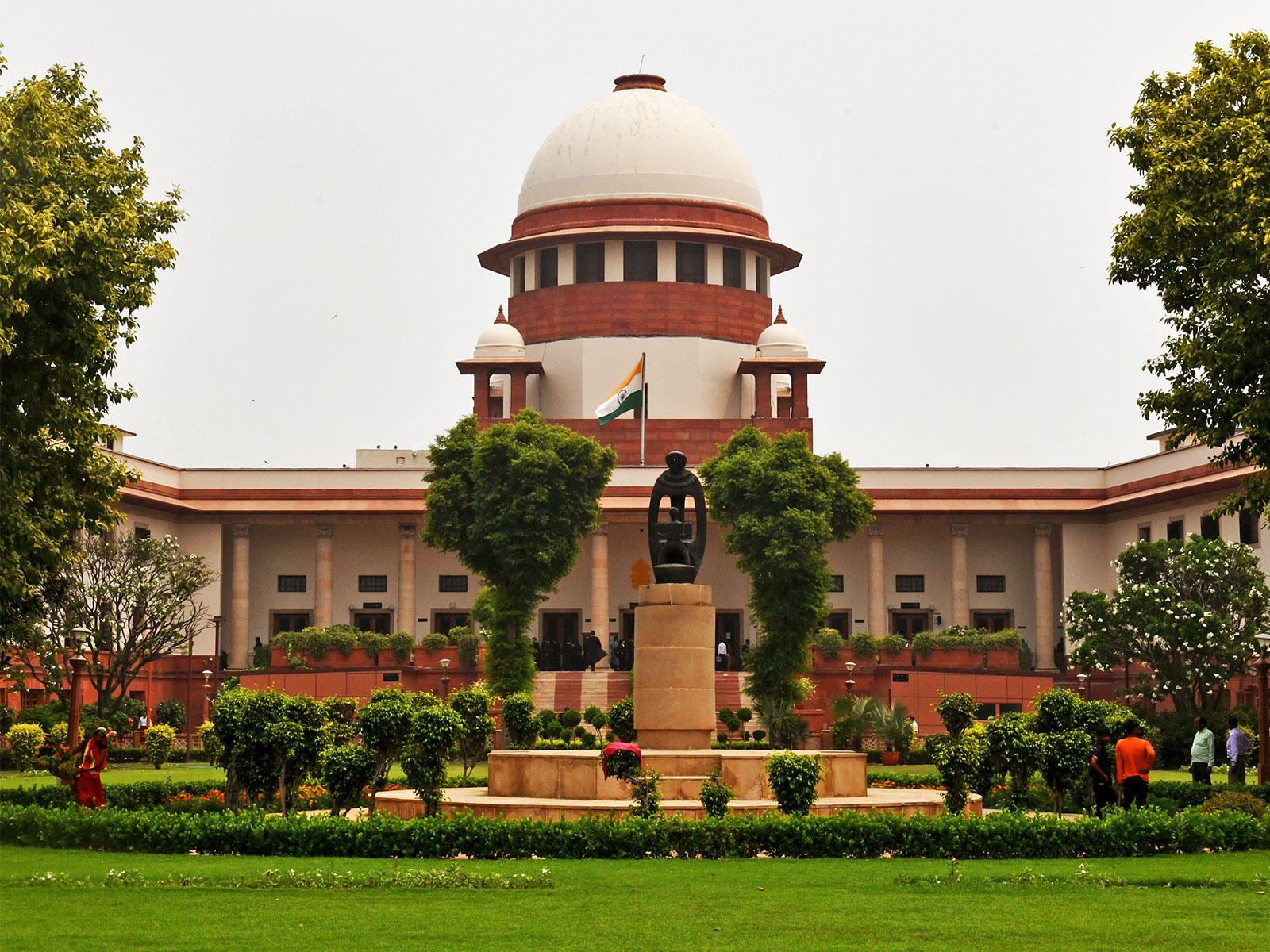
New Delhi [India], October 29 : The Supreme Court on Wednesday granted a last opportunity to the Maharashtra government to file its affidavit in the case filed by advocate Surendra Gadling in connection with the 2016 Surjagarh iron ore mine arson case.
A bench of Justices JK Maheshwari and Vijay Bishnoi granted the government one week's time to file an affidavit as a last opportunity.
The bench granted the state a last opportunity to file the affidavit on the request of Additional Solicitor General SV Raju, appearing for the Maharashtra government.
Senior advocate Anand Grover, who appeared for the Gadling, contended that about six weeks have passed since the state was asked to file the affidavit explaining the reasons for the delay in the trial.
He objected to the Maharashtra government's delay in filing an affidavit.
Earlier, the bench had questioned the Maharashtra government over the prolonged pendency of trial proceedings against Gadling in the case, and asked whether a person can be kept in custody as an undertrial for many years.
It had asked why the trial is not going on and for how many years a person can be kept in custody without trial.
ASG Raju had told the bench that the delay in trial was not due to the prosecution but to Gadling himself, and he had filed a discharge application but was refusing to argue it unless he was permitted to be physically present in court.
The apex court was hearing Gadling's bail plea in connection with the 2016 Surjagarh iron ore mine arson case.
The Nagpur bench of the Bombay High Court on January 31, 2023, had refused to grant bail to Gadling.
The High Court had noted that, prima facie, the accusations against him were true.
On December 25, 2016, Maoist rebels had allegedly set ablaze 76 vehicles that were being used for transporting iron ore from Surajgarh mines in Maharashtra's Gadchiroli.
Allegations against Gadling are that he provided aid to Maoists, who were working at the ground level. As per the prosecution, he entered into a conspiracy with various co-accused, including some absconding in the case.
The prosecution had claimed that Gadling provided secret information about government activities and maps of certain areas to underground Maoist rebels.
He was also accused of having asked the Maoists to oppose the operation of Surjagarh mines, and of having instigated many locals to join the movement.
Gadling was booked under various provisions of the anti-terror law, the Unlawful Activities Prevention Act, and the Indian Penal Code.
